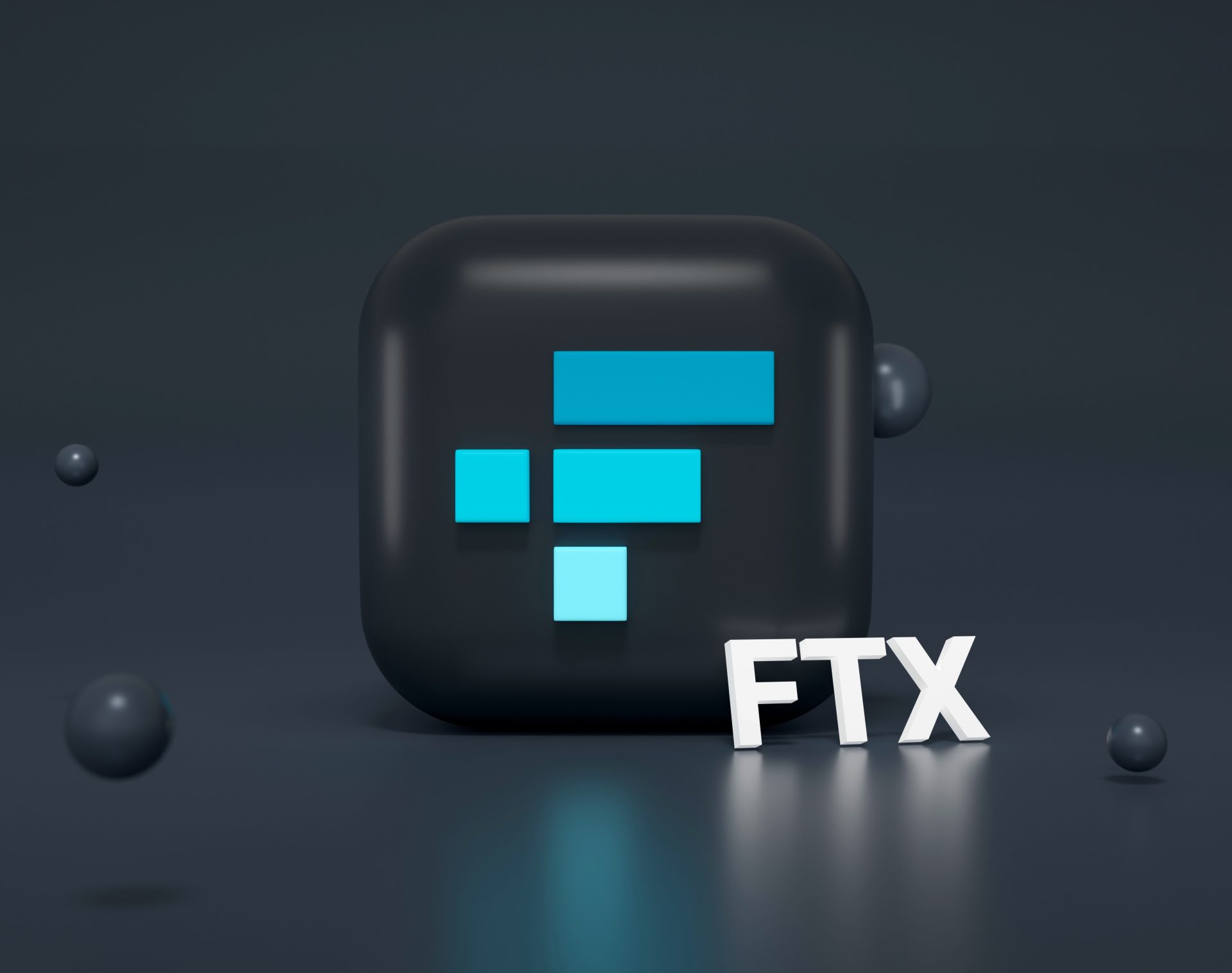In the world of cryptocurrency, few names have garnered as much attention as Sam Bankman-Fried (SBF) and his brainchild, FTX. Once hailed as the white horse of crypto, FTX’s meteoric rise to become the third-largest crypto exchange captivated investors and regulators alike. However, the fairy tale took a dark turn as FTX faced allegations of fraud and conspiracy. As SBF’s highly anticipated trial begins, it is crucial to examine the events that led to this momentous trial and the impact it has had on the crypto industry.
From Alameda Research to FTX: A Vision Turns Into Reality
Before the inception of FTX, Bankman-Fried co-founded Alameda Research in 2017. Alameda aimed to revolutionize crypto trading, and its success laid the foundation for FTX. Launched in 2019, FTX was envisioned as a complement to Alameda, providing revenue and liquidity for the trading arm. The ambitious project quickly gained traction, attracting over 80 investors who injected approximately $2 billion in capital, propelling Bankman-Fried’s vision into a tangible reality.
The Rise of FTX: Valuation Soars and Mainstream Recognition
Within a short span of time, FTX soared to unimaginable heights. The crypto exchange secured branding deals and partnerships that brought it into the mainstream spotlight. Notably, FTX acquired the naming rights for the Miami Heat’s home arena, forging a strong connection between the crypto world and professional sports. Additionally, FTX’s partnerships with renowned celebrities like Tom Brady, Gisele Bündchen, Steph Curry, Shaquille O’Neal, and Naomi Osaka further cemented its position in popular culture.
The Liquidity Concerns and Alameda’s Balance Sheet Revelation
FTX’s seemingly unstoppable ascent took a sharp turn when concerns over its liquidity surfaced. CoinDesk’s publication of Alameda’s balance sheet revealed alarming figures. Alameda’s largest asset, the FTT token behind FTX, appeared to exceed its market cap, suggesting a discrepancy in the reported holdings. This revelation triggered a wave of unease, leading to Binance’s withdrawal of its remaining cash in BUSD and FTT, effectively initiating a bank run on FTX.
FTX’s Collapse and Bankruptcy Filing
In November 2022, FTX and Alameda filed for Chapter 11 bankruptcy, marking a stunning downfall for the once-thriving crypto exchange. Bankman-Fried, in a move to salvage the situation, resigned as CEO, and John J. Ray III, an Enron turnaround veteran, was appointed as his successor. Bankman-Fried maintained his innocence, expressing shock and regret over the turn of events. However, U.S. regulators and government officials, some of whom he had close ties with, were already labeling his alleged crimes as one of the biggest financial frauds in American history.
SBF’s Arrest and Extradition: Facing Criminal Charges
In December 2022, Bankman-Fried was arrested in the Bahamas, where FTX was based, and subsequently extradited to the United States to face a slew of criminal charges. He was released on a $250 million bail bond but remained under house arrest at his parents’ home in Palo Alto. The charges against him included wire fraud, conspiracy to commit money laundering, and conspiracy to misuse customer funds. If convicted on all counts, Bankman-Fried could face up to 115 years in prison.
The Aftermath: Guilty Pleas and Collateral Damage
As FTX’s collapse sent shockwaves through the crypto industry, two key figures associated with the exchange, FTX co-founder and former CTO Gary Wang, and Alameda Research’s former CEO Caroline Ellison, pled guilty to federal criminal charges. Their cooperation with prosecutors and role as major witnesses in the trial further underscored the gravity of the allegations against Bankman-Fried. In addition to the criminal charges, Wang and Ellison also faced civil penalties from regulatory bodies like the SEC and CFTC.
The Trial Begins: A Battle for Truth and Justice
Bankman-Fried’s trial is set to unfold with high stakes and intense scrutiny from the crypto community and beyond. Represented by Cohen & Gresser, a renowned law firm, Bankman-Fried’s defense will be led by Mark Cohen, a prominent defense attorney and former federal prosecutor. Cohen’s involvement in high-profile cases such as Ghislain Maxwell’s sex trafficking trial adds an intriguing dimension to the trial. As the trial progresses, the fate of FTX’s investors and the billions of crypto assets entangled in legal proceedings hang in the balance.
The Impact on the Crypto Industry: Lessons Learned
FTX’s downfall reverberated throughout the crypto industry, raising questions about risk management and regulatory oversight. The collapse of FTX was just the beginning, as other prominent crypto players like BlockFi and Genesis Global Trading filed for bankruptcy in the wake of the FTX saga. The trial of SBF will undoubtedly shape the future of the crypto industry, influencing regulatory frameworks and investor confidence.
See first source: TechCrunch
FAQ
Q1: Who is Sam Bankman-Fried, and what is his connection to FTX?
A1: Sam Bankman-Fried (SBF) is the co-founder of Alameda Research, a crypto trading firm. He played a key role in the inception of FTX, a cryptocurrency exchange launched in 2019. Alameda Research provided liquidity and revenue for FTX.
Q2: How did FTX rise to prominence in the crypto industry?
A2: FTX quickly gained recognition and partnerships, including naming rights for the Miami Heat’s arena and endorsements from celebrities like Tom Brady and Naomi Osaka. It attracted substantial investments, propelling its rapid growth.
Q3: What led to concerns about FTX’s liquidity?
A3: Concerns arose when CoinDesk published Alameda’s balance sheet, suggesting that the FTT token’s market cap exceeded its reported holdings. This raised questions about FTX’s liquidity and asset management.
Q4: When did FTX and Alameda file for bankruptcy, and what were the consequences?
A4: In November 2022, FTX and Alameda filed for Chapter 11 bankruptcy. This marked a significant downfall, with SBF resigning as CEO. It triggered legal actions and further investigations into alleged financial irregularities.
Q5: What criminal charges does SBF face, and what is the potential outcome?
A5: SBF faces multiple charges, including wire fraud, conspiracy to commit money laundering, and conspiracy to misuse customer funds. If convicted on all counts, he could potentially face up to 115 years in prison.
Q6: Who are the key figures associated with FTX who have pled guilty to criminal charges?
A6: FTX co-founder and former CTO Gary Wang and Alameda Research’s former CEO Caroline Ellison have pled guilty to federal criminal charges. They are cooperating with prosecutors and are significant witnesses in SBF’s trial.
Q7: Who is leading Sam Bankman-Fried’s defense in the trial?
A7: Mark Cohen, a prominent defense attorney and former federal prosecutor, is leading SBF’s defense in the trial. Cohen’s involvement adds an intriguing dimension to the case.
Q8: What impact has the FTX saga had on the crypto industry?
A8: The FTX collapse and subsequent legal actions have raised questions about risk management and regulatory oversight in the crypto industry. Other crypto players, like BlockFi and Genesis Global Trading, have also faced challenges, and the trial’s outcome may influence regulatory frameworks and investor confidence in the industry.
Featured Image Credit: Mariia Shalabaieva; Unsplash – Thank you!








